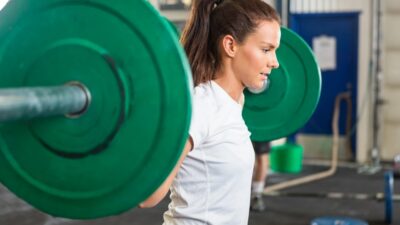
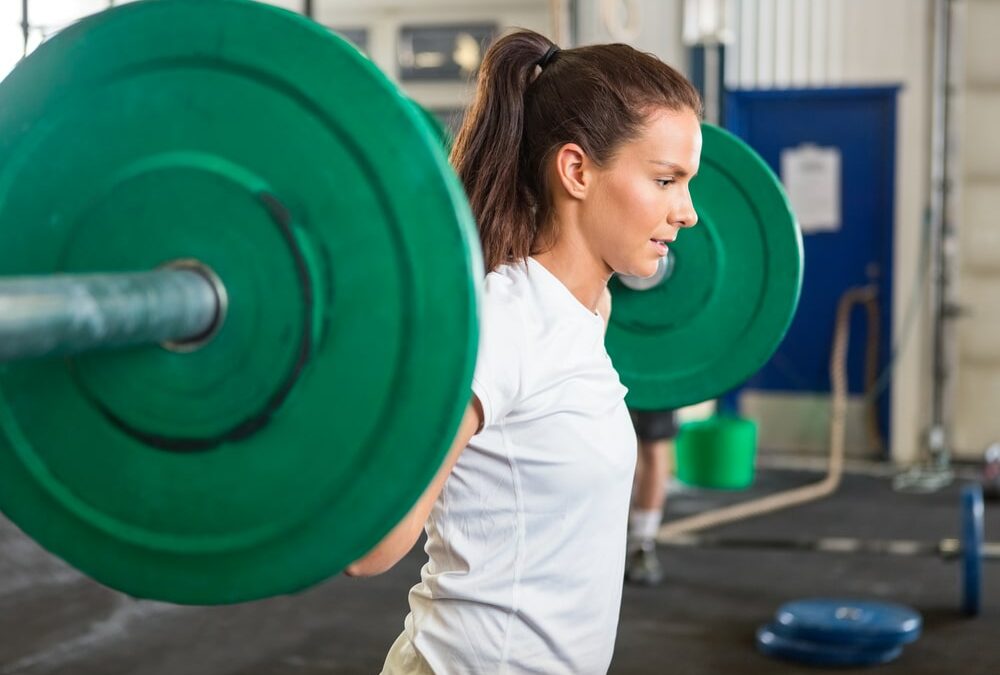
How to train like an athlete
In this article we have prepared 8 key steps you should follow to train like an athlete


In this article we have prepared 8 key steps you should follow to train like an athlete
A key point in training like an athlete is best preparing your body for exercise in the given field, for athletes to perform their best they need to warm up properly. The most effective way to warm up is to start with a range of static and dynamic stretches. After this you can participate in some light cardio such as jumping squats, jumping jacks or a light jog. You should aim for your warm-up to be at least 6-10 minutes at the start of your training session.
Recognising the importance of warming up will ultimately determine the success of your training session, without setting yourself up with the correct warms up you may be limiting your full potential. Before muscles are worked they need to be prepared with the correct preparation movements to ensure they can then perform at their maximum capabilities.
The next point to recognise in preparing your body for an effective workout is muscle activation, this can be a combination of bodyweight or resisted exercises. This again is a way to prepare your muscles for the exercise they are about to do, this can help prevent injury or muscle pulls from a workout. Often muscle activation will use a selection of movements which you are likely to be doing in that training session, for example, you maybe be squatting, this would mean during your muscle activation you do 50 bodyweight squats. Whatever the workout may be, preparing your muscles through activation is key to performance and is common for all elite athletes training.
The easiest way to ensure you are getting both warm-up and muscle activation into your workout is to include this in your training plan. This will hold you accountable and help you stay on track in your training.
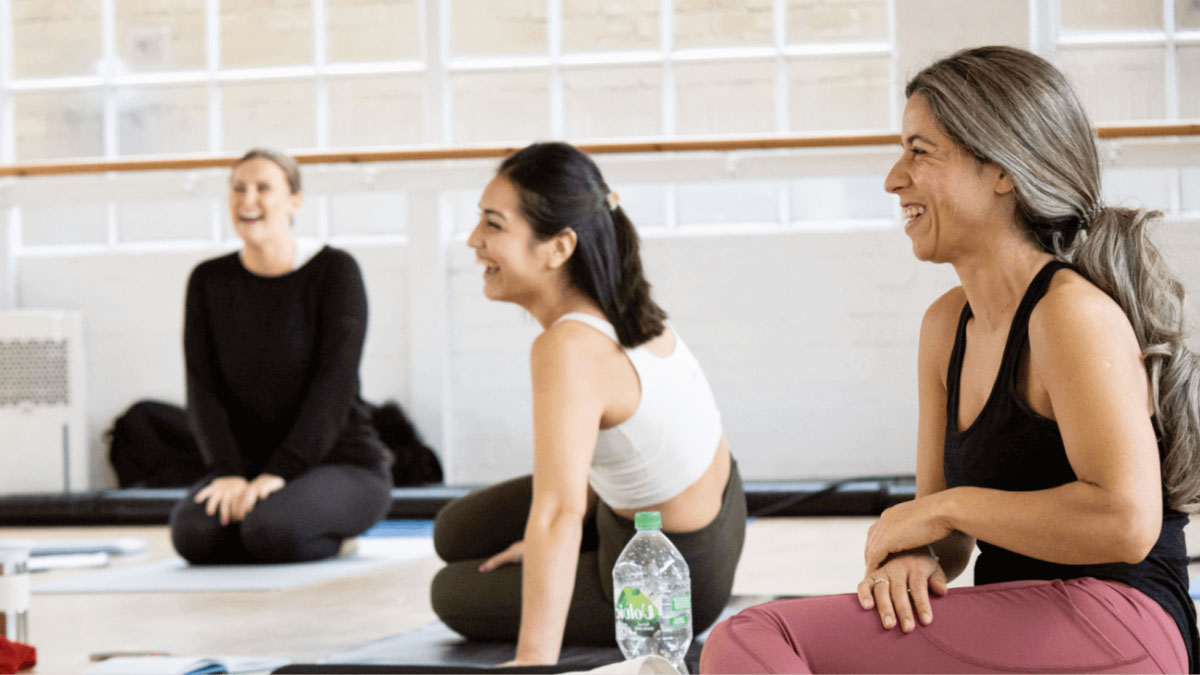
As you have probably heard before, consistency is key, that’s because it really is, especially for professional athletes! Just like anything remaining consistent will help you see the desired results, often pro athletes will be training 5-6 hours a day for at least 5-6 days a week. Although this may seem like a lot, professional athletes are often employed by a sports team or club and training is part of their working life. Athlete type of training is always intense so for every 5-6 hours they are training athletes are being pushed and challenged to their maximum, this helps guarantee progress and growth in their professional journey and helps them build muscle.
As a pro athlete you are likely to have a coach or a team of coaches who support you in improving your performance, this may include a strength and conditioning coach, a personal trainer or a sports massage coach. All these job roles have key involvements in helping you stay consistent and on track with your training.
Recognising the importance of rest when you are training as an athlete can be a difficult task, often you are a highly motivated and energised individual which will mean you are always looking for ways to remain active. Although this is a good way to be, rest is just as important as being active, training 5-6 hours a day 6 days a week can take a toll on your body. Where possible you should listen to your body and allow rest when needed, you should be incorporating at least 1 rest day into a week.
This does not mean that you cannot be somewhat active on your ‘rest day’, you incorporate active rest days into your training. This could be anything from going for a brisk walk or swimming. This will help the body remain active but in a way which can help overall recovery. Doing this will help your body recover and help prepare you for training the following week, this will help enhance your sports performance.
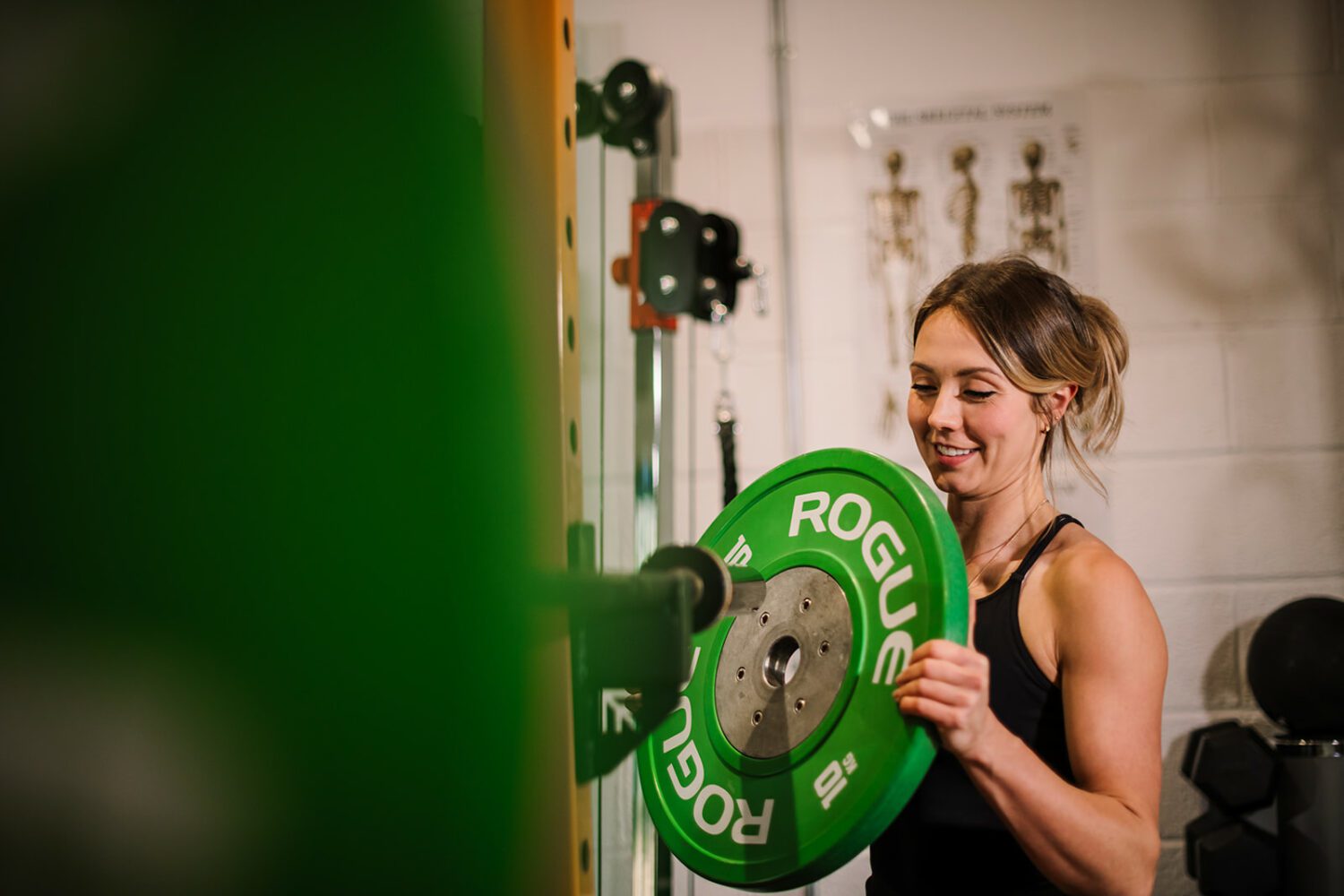
Ensuring you are performing key movements is vital in optimising performance as an elite athlete, strength and conditioning coaches or personal trainers are highly skilled in these areas. The best way to learn is to study the form of each movement, and practise with bodyweight or lighter weights, from this you will be able to master the movements. Once you have done this you are in a strong position to progress and increase the intensity of these movements by adding additional weight.
Performing each movement correctly will help you see results, train effectively and avoid any potential injuries.
Mentality and mindset is a key contribution to how successful an elite athlete is at undertaking training – you can use sports psychology to help. Working on psychological aspects can help improve overall performance as an athlete. This will factor in elements like control, concentration, motivation and emotional management. All of these are mental factors which will naturally affect performance, and whether this is in a positive or negative way, it is important that you have the ability to control this mindset to get the best outcome in your performance and training.
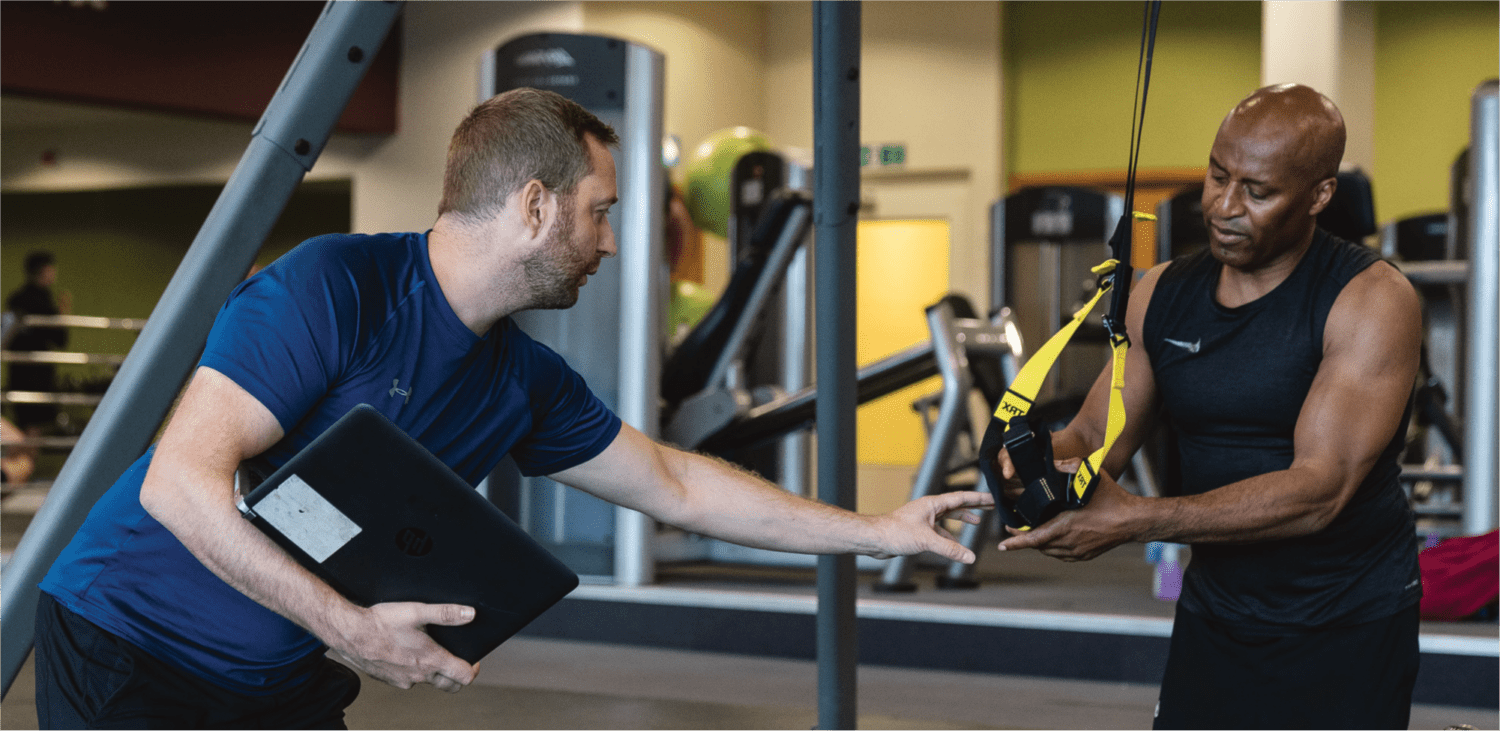
When training as an athlete you are likely to be training consistently and for some people this can be the hardest part. One good way to stay on track with your end goal is to buddy up with somebody else for training sessions. Having somebody else to motivate and work with you towards the same end goal will only push you to be your best, it’s good to have somebody who inspires and pushes you to make sure you get the most out of each training session.
Training buddies are always a good way to ensure you turn up for every session and give your best, without them it can be difficult to push yourself into doing it when it feels like you have just had enough!
With consistent training comes consistent nutrition, these go hand in hand with the same end goal for athletes. In order to train like an athlete, you should be looking at aspects of your diet to work on improving and building your nutrition in line with your training. A nutrition course looking at nutrition to build muscle may come in useful to educate yourself on the types of food that aid this type of training.